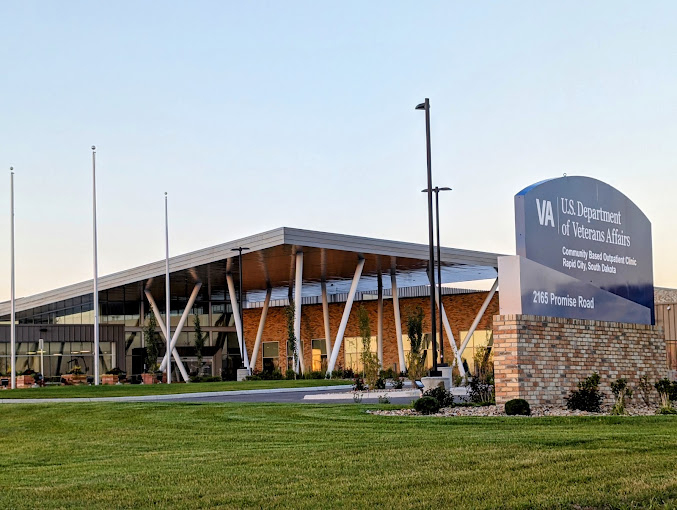About Project Recovery
This center’s primary focus is on using effective medications to help individuals through recovery. Their healthcare providers play an important part in patient recovery as they offer tentative care and provide a program that meets personal needs. The primary medications offered in their program include suboxone, Vivitrol, naltrexone, Sublocade, mirtazapine, Campral, buprenorphine, and naltrexone.
Its peer support service is also an essential tool. You have the chance to speak to individuals who have faced similar addictions and build a support network that will continuously be there for you, which helps immensely with recovery.
What’s also great about ’em is that its medication assisted treatments are customized according to your addiction and then coupled with other services to ensure your full recovery. Specifically, their addiction counseling provides a comprehensive range of services, including treatment needs assessments and individual and group counseling.
What makes them stand out to me is its walk-in option. You don’t need to be referred and can immediately seek help through them.
Latest Reviews
Rehab Score
Gallery
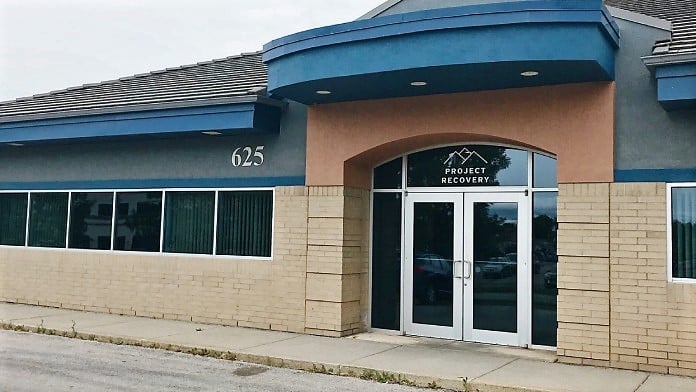
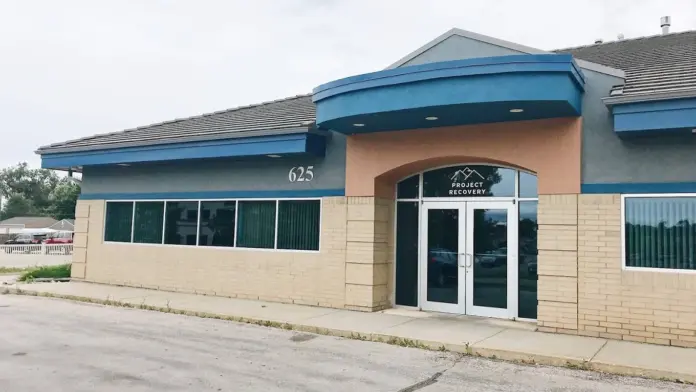
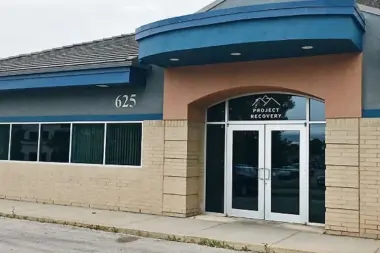
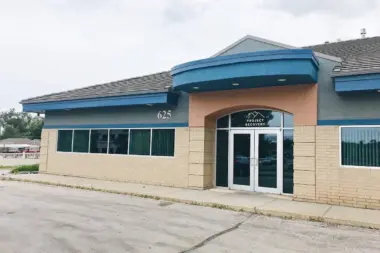
Other Forms of Payment
Private insurance refers to any kind of healthcare coverage that isn't from the state or federal government. This includes individual and family plans offered by an employer or purchased from the Insurance Marketplace. Every plan will have different requirements and out of pocket costs so be sure to get the full details before you start treatment.
Self-pay involves paying for treatment out of your own pocket. You can use savings or credit, get a personal loan, or receive help from family and friends to fund your treatment. If you don't have insurance or your insurance plan doesn't cover a specific program, self-pay can help ensure you still get the care you need.
Addiction Treatments
Levels of Care
Outpatient Programs (OP) are for those seeking mental rehab or drug rehab, but who also stay at home every night. The main difference between outpatient treatment (OP) and intensive outpatient treatment (IOP) lies in the amount of hours the patient spends at the facility. Most of the time an outpatient program is designed for someone who has completed an inpatient stay and is looking to continue their growth in recovery. Outpatient is not meant to be the starting point, it is commonly referred to as aftercare.
Inpatient rehabs provide intensive clinical supervision and robust daily treatment to clients in early recovery and those who are at an elevated relapse risk. Inpatient care is often the first stage of treatment following detox, and it allows clients to focus exclusively on their recovery in a highly structured and supportive environment. Clients typically engage in daily addiction counseling and recovery-focused life skills training. Many treatment centers also offer holistic therapies, such as massage, meditation, and acupuncture.
The process of removing drugs and alcohol from your system while under the 24/7 supervision of a medical team. Abruptly quitting substances like alcohol, benzodiazepines, or opioids can have uncomfortable - or even deadly - side effects. To ensure your safety and comfort, you are monitored by a team of doctors, nurses, and clinical experts who provide medications if needed to treat any potential symptoms of withdrawal.
Programs
Adult rehab programs include therapies tailored to each client's specific needs, goals, and recovery progress. They are tailored to the specific challenges adult clients may face, including family and work pressures and commitments. From inpatient and residential treatment to various levels of outpatient services, there are many options available. Some facilities also help adults work through co-occurring conditions, like anxiety, that can accompany addiction.
Clinical Services
The core concepts of cognitive behavioral therapy in South Dakota are that patterns of thoughts and behaviors are linked and that they can be changed. Treatment involves identifying negative patterns and learning how to change them into positive ones.
Dialectical behavior therapy teaches you coping skills and problem solving. You'll learn how to manage your emotions and use your new skills to create healthier patterns of thought and behavior. Treatment typically lasts six months and includes individual and group sessions.
When you participate in a group therapy setting, your peers offer support and shared experiences that help you learn new coping strategies. Your peers understand your struggles and can help hold you accountable and motivate you to stay committed to your goals.
You received personalized attention in individual therapy sessions so you can explore the struggles with substance use that are unique to your situation. Your therapist will help you develop effective coping mechanisms and strategies to improve your emotional regulation and resilience. These components are crucial to achieve and maintain long term recovery.
Within trauma therapy, you work with a trained and experienced therapist to reduce your emotional and physical symptoms that are the lingering effects of trauma. You can develop healthier coping mechanisms that foster a sense of empowerment and give you greater self confidence and resilience.
While participating in couples therapy, you'll attend weekly sessions with your partner. The therapist will help you talk through the challenges you're facing and establish goals for treatment. You'll learn insights on how to manage those issues and receive homework assignments to practice new behaviors.
Family therapy focuses on collectively healing each family member, which improves the interactions within the family unit. Therapists work with individual members and the family unit to develop new communication and coping skills, resolve conflicts, and develop practices that support their loved one's recovery.
Amenities
-
Residential Setting
-
Private Rooms
Contact Information
625 Flormann St
Rapid City, SD 57701
